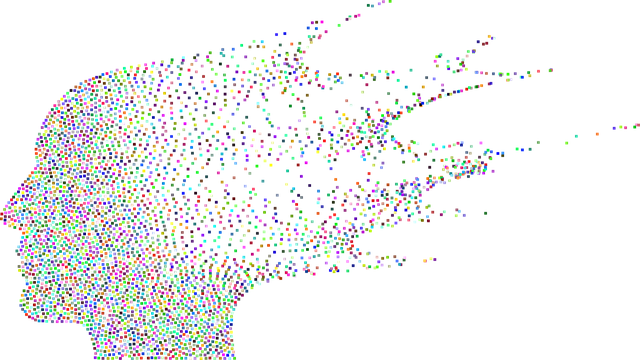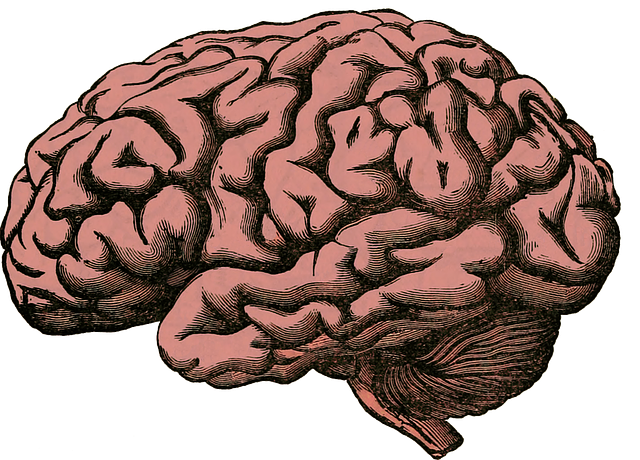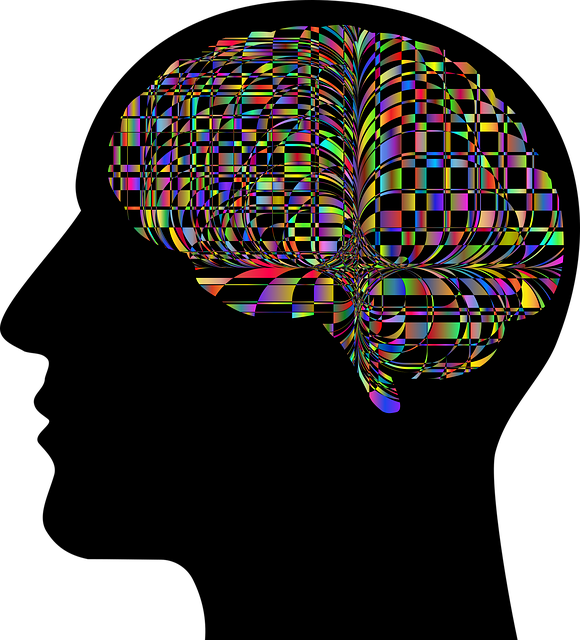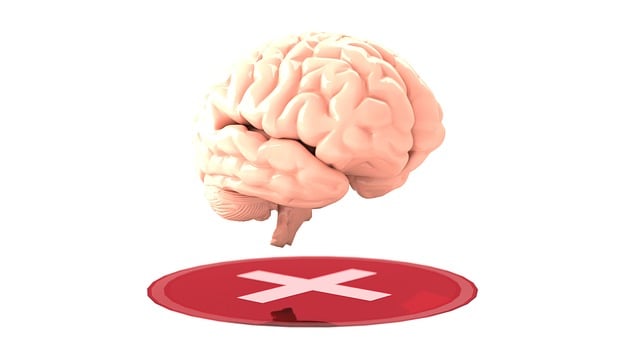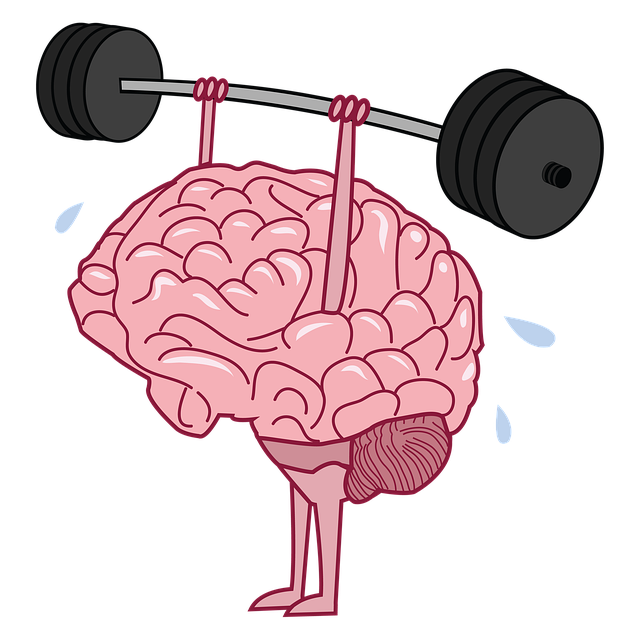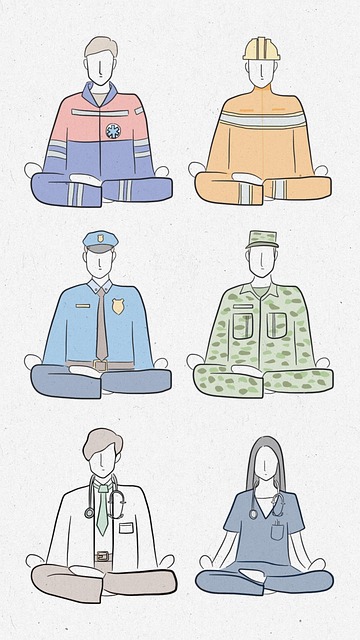Aurora Cognitive Processing Therapy (APT) is a transformative therapy focusing on thoughts, feelings, and behaviors' interconnectedness. It equips individuals with tools to challenge negative thought patterns, fostering resilience and long-term mental wellness through self-care practices, cognitive restructuring, and mindfulness. By integrating APT techniques, including meditation, people gain adaptive coping strategies for navigating life's challenges effectively. Public awareness campaigns are vital to spreading these beneficial practices and enhancing accessibility to resources promoting improved coping mechanisms.
Coping skills development is a vital component of mental well-being, especially in navigating life’s challenges. This article explores an innovative approach, Aurora Cognitive Processing Therapy (APT), designed to enhance resilience and coping mechanisms. By understanding APT’s unique framework, we uncover key components essential for building resilience. We then delve into practical techniques from APT, offering effective strategies for managing stress and adversity. Discover how these methods can revolutionize your coping skills and foster a more balanced life.
- Understanding Aurora Cognitive Processing Therapy (APT): A Unique Approach
- Building Resilience: Key Components of Coping Skills Development
- Implementing APT Techniques for Effective Coping Strategies
Understanding Aurora Cognitive Processing Therapy (APT): A Unique Approach

Aurora Cognitive Processing Therapy (APT) offers a unique approach to coping skills development by focusing on an individual’s cognitive processes and their impact on emotional well-being. This therapy recognizes that our thoughts, feelings, and behaviors are interconnected, and by understanding and challenging negative thought patterns, individuals can develop more adaptive coping strategies. APT provides a structured framework for navigating mental health challenges, offering guidance during crisis intervention while also fostering long-term mental wellness.
The therapy encourages self-care practices and promotes the development of resilience by helping clients identify and reframe maladaptive cognitions. Through this process, individuals gain valuable insights into their emotional responses and learn to manage stress more effectively. By combining cognitive restructuring techniques with practical coping skills, APT equips people with the tools needed to navigate life’s challenges and promote overall mental health and well-being.
Building Resilience: Key Components of Coping Skills Development

Building resilience is a cornerstone of coping skills development, equipping individuals to face challenges and bounce back from adversity. Aurora Cognitive Processing Therapy (ACPT) emphasizes the importance of understanding and reframing negative thought patterns as a key component in fostering this resilience. By identifying and challenging distorted thinking, individuals can develop healthier perspectives, enhancing their ability to cope with stressful situations.
Additionally, promoting positive thinking and integrating stress reduction methods are vital elements within coping skills development. Engaging in regular self-care routine development for better mental health becomes easier when combining these techniques. Through practicing mindfulness, exercise, or engaging in hobbies, individuals can further bolster their emotional resilience, allowing them to navigate life’s ups and downs with greater ease.
Implementing APT Techniques for Effective Coping Strategies

Implementing Aurora Cognitive Processing Therapy (APT) techniques offers a powerful framework for developing effective coping strategies. APT encourages individuals to challenge negative thought patterns and replace them with more adaptive, balanced perspectives. By focusing on cognitive restructuring, mindfulness, and problem-solving skills, this therapy equips people with valuable tools to navigate life’s challenges.
Integrating APT into one’s coping arsenal involves cultivating mindfulness meditation practices, which have been shown to reduce stress and anxiety. Mindfulness exercises help individuals become more aware of their thoughts and emotions without judgment, fostering a sense of calm and resilience. This, in turn, enhances an individual’s ability to assess risks accurately (Risk Assessment for Mental Health Professionals) and make informed decisions during stressful situations. Public Awareness Campaigns Development can play a pivotal role in promoting these practices, ensuring that accessible resources reach those seeking improved coping mechanisms.
Aurora Cognitive Processing Therapy (APT) offers a unique and effective approach to coping skills development. By understanding and implementing its key components, individuals can build resilience and enhance their ability to navigate life’s challenges. APT techniques provide practical tools for cultivating healthy coping strategies, enabling folks to manage stress, improve emotional well-being, and lead more fulfilling lives.
